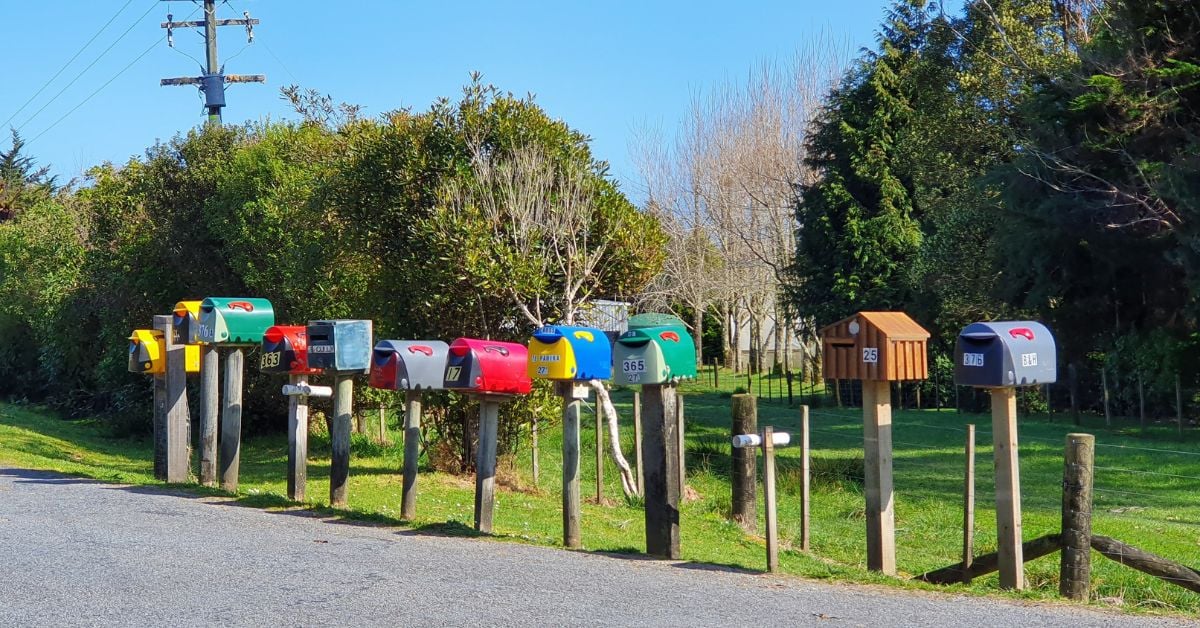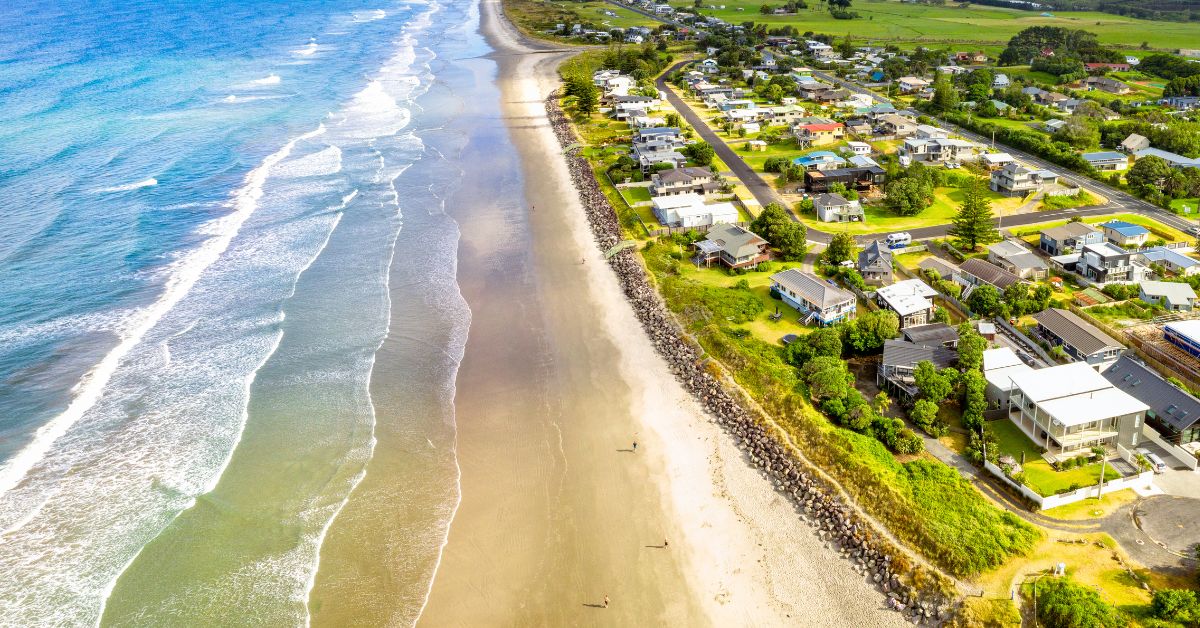What to Consider Before Buying Your First Lifestyle Block

After a period of lockdowns, travel restrictions or just growing tired of being boxed into a densely populated community, the extra space that comes with a lifestyle block can be tempting.
If you are eyeing up those green paddocks, some extra land to plant fruit trees, or an uninterrupted view across rolling landscapes, a lifestyle block could be the ticket. But before you buy your first plot of land outside of town, make sure you are truly aware of the responsibilities that come with owning a lifestyle property.
Who is interested in lifestyle properties?
People like to spread out and have space to be able to enjoy their home and stretch beyond a large quarter acre section, if you can find one of those in town these days. LJ Hooker Te Awamutu’s Fiona Collins sells lifestyle properties in the Waikato, and she has seen a lot of farmers who are walking away from the cowshed and downsizing to lifestyle blocks.
“There is plenty of interest in lifestyle blocks, people don’t want neighbours too close, and they want their privacy,” Collins said. “There are also many people who want to offer the lifestyle they had growing up to their own kids, so they’re in search for open spaces for adventure.”
On the other hand, you have people who have spent their entire life in the city, and they are now tired of the traffic, seeing their neighbours from their kitchen window or the noise. Now they are looking for a change.
If you are giving up the city life for the country, LJ Hooker Carterton’s Kylie Baron wants to remind you that you could be moving into an area where there are working farms.
“Therefore stock, trucks and tractors could become part of your daily view and traffic - switching peak hour traffic for tractors and stock being moved on the road,” Baron said.
Identify what you want from a lifestyle property
Before you start your search, make sure you consider all the reasons you want to buy a lifestyle block, as they can offer so much.
You need to consider whether you want enough land to grow your own orchard, create a pond for fish and ducks, have a chicken run, or tend to livestock. Whatever you want to achieve you need to make sure the property will be able to satisfy your wish list.
If your wish list is too vast, there is a chance you will not find a property that caters to all your needs and wants. So set your expectations within reason, this way you will not end up with a property that is too big or small for what you intended.
Do your research and be ahead of any problems
A lifestyle property will be a little different to a city apartment or a house in town with council services, so it is important to make sure you are aware of all those differences.
Doing your research is important for any type of property, but when you are looking out of the city limits, there are a few other things you might want to consider.
- Check the state of the plumbing and septic system – how much life is in the septic tank? Will it need to be replaced soon?
- If there are pumps, check the state of them and their service records
- Where are the local schools and where is the bus route?
- How good is the broadband and mobile reception? Don’t just assume the area has fast internet service.
- What is the property’s water source? Is it connected to a town supply? Or does it have its own bore or collect rainwater to fill tanks? Or is it on a private water system?
- Is there a risk of property flooding? Check the distance from local rivers and wetlands to make sure the property is well drained.
- What size of property are you willing to maintain? More land means more responsibility, including lawns to mow, fencing and other maintenance.
Check for any property restrictions
Even though you are out of town, you still want to check if there are any covenants on your property that may hamstring your wish list. It is best to engage your lawyer at this point to determine these.
Depending on the rules, you may not be able to build new sheds, or the property could be in a catchment area which may limit the number of livestock you can have on the property. Or there could be rules that stop you from having livestock at all.
It is also good to remember that rural properties, just like all properties, can have easements on the title that relate to access, such as water or power. These allow people the right to use your land for a particular purpose.
What you should know before you introduce livestock
Before you introduce your herd of Huacaya alpacas or a flock of Valais Blacknose sheep, you want to be aware of all the extra responsibilities that come with owning livestock.
You need to ensure your property is well fenced so your stock can not break through onto other people’s properties, or even worse, onto the road. If an animal gets out onto the road, especially where the speed limit is likely to be 100km/h, there is a chance they will get hit and cause major damage.
If an owner has not taken sufficient care to prevent their stock from breaking out and wandering onto the road, under the Animal Law Reform Act 1989 owners could be held liable for any damage.
Maintaining animal welfare is vital too, Baron said. You will need to make sure they have enough feed and water.
“You need to make sure there are adequate water troughs and waterlines so stock don’t go without,” she said.
You will also take on the responsibility of making sure your livestock get their vaccinations, vitamins and are trimmed if they need to. This could also mean costly vet bills if your animals get sick, so take that into consideration before introducing stock.
“If you do have stock, make sure you get advice around what the best stocking rate is, as well as a fertiliser plan so you can grow grass to maximise the feed for your stock,” Baron said.
Finding your new lifestyle
Lifestyle properties offer so many benefits, and it could be the change you are looking for. To make sure you make the right decision, ask all the right questions and seek expert advice. Then you will be ready to trade in the business shoes for gummies and start tracking through the mud.
“Lifestyle living is amazing, however with all the best things in life, it comes with challenges, but the rewards are huge,” LJ Hooker Carterton’s Sylvia Wildermoth said.
Share


